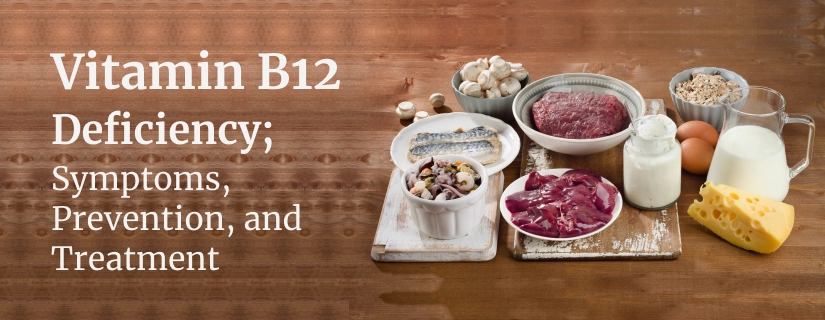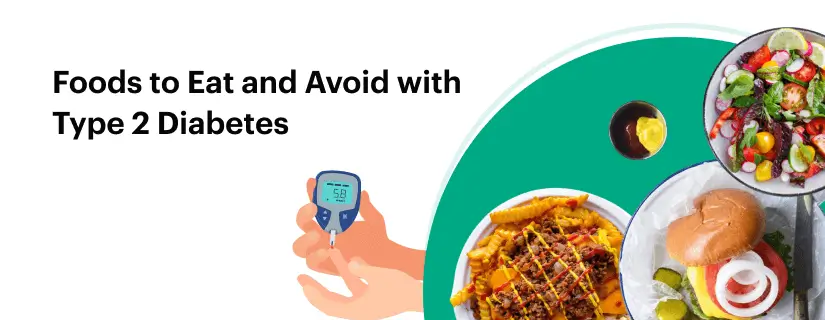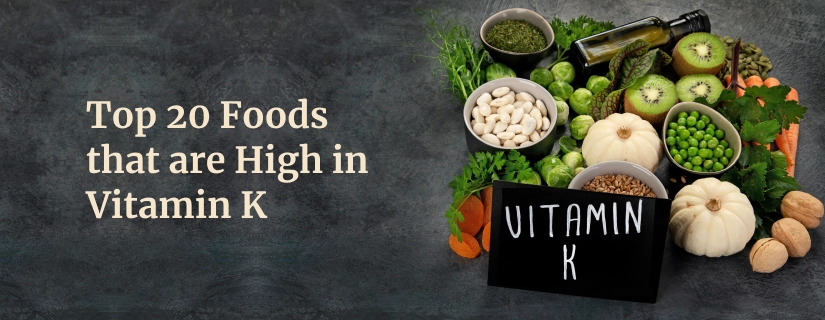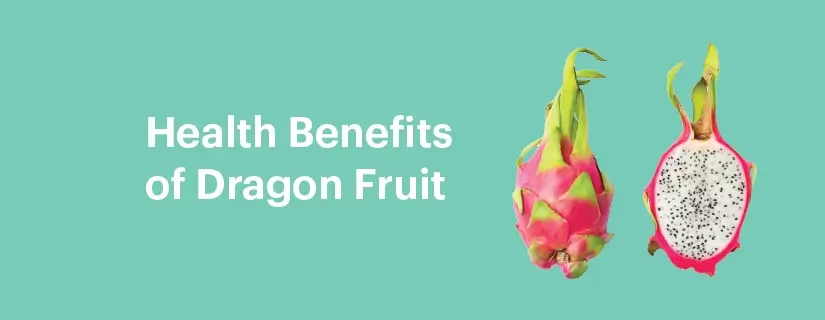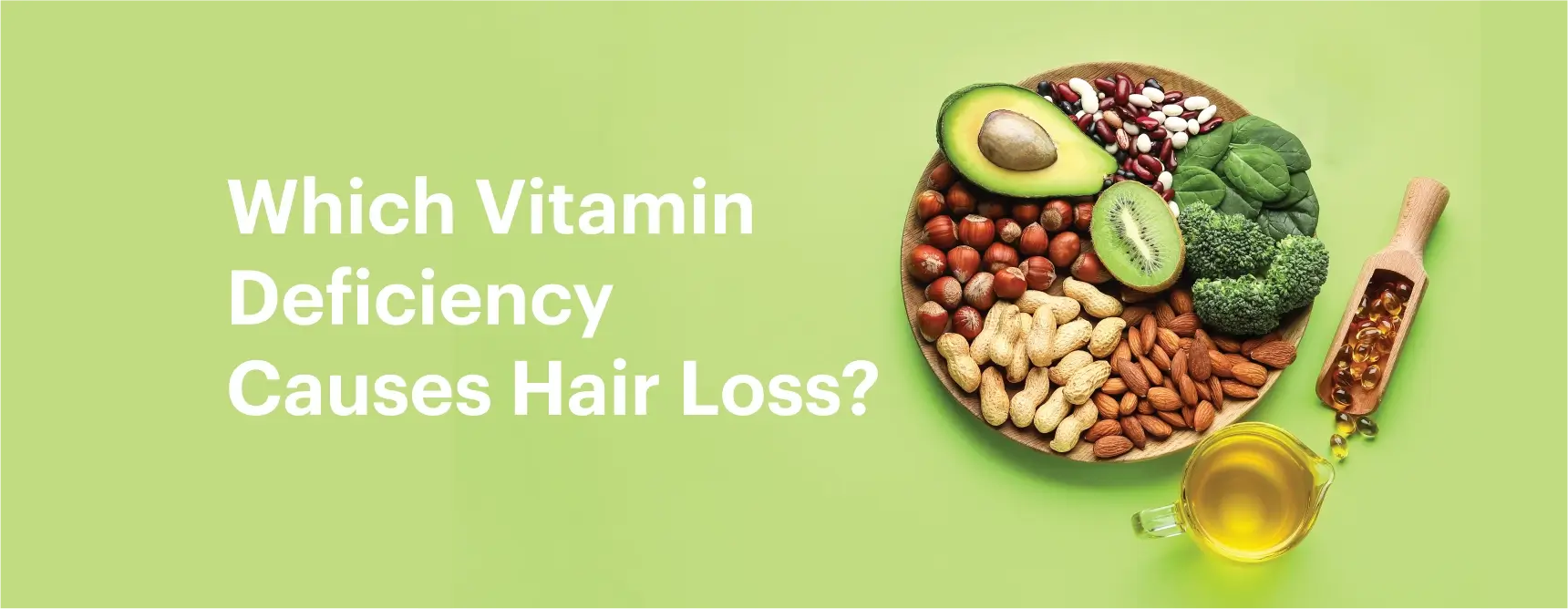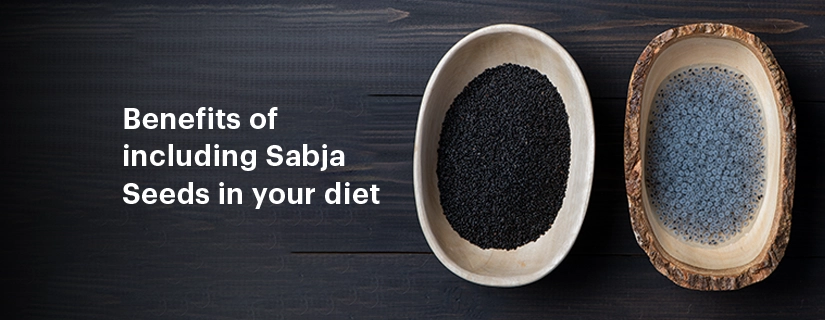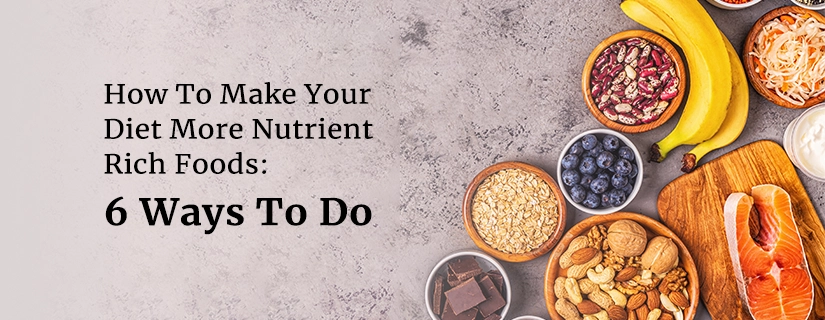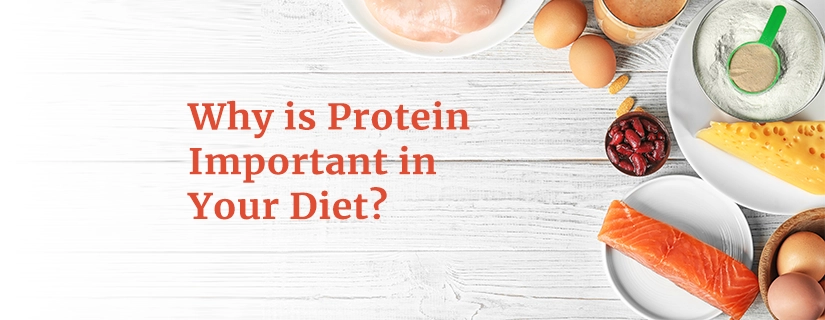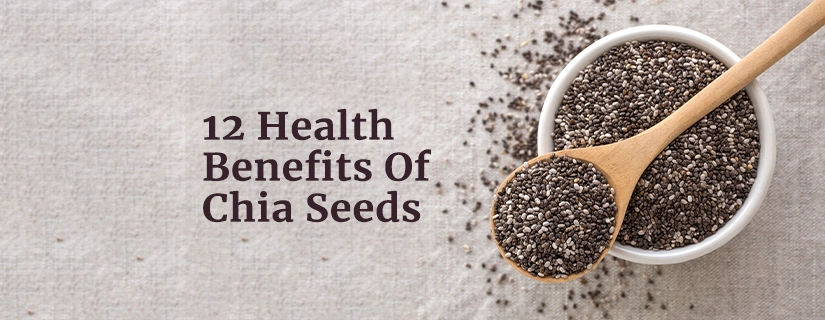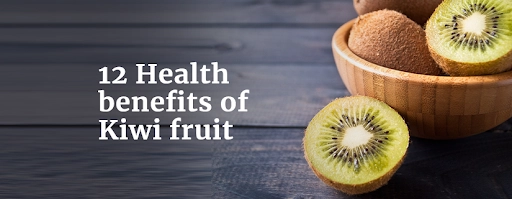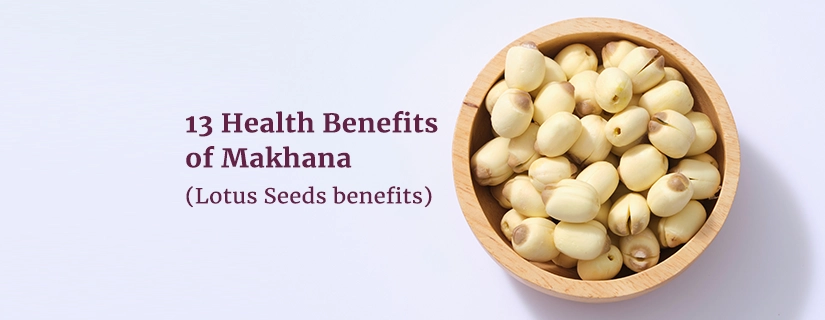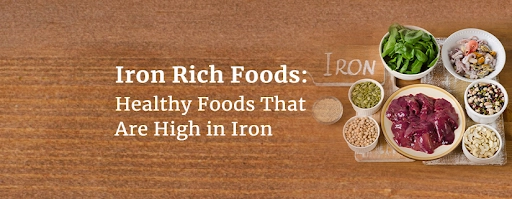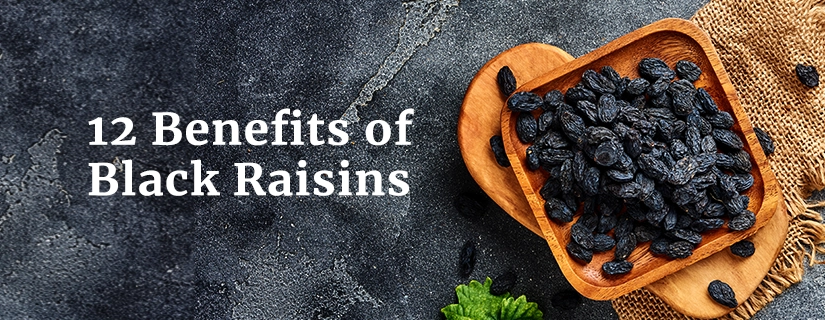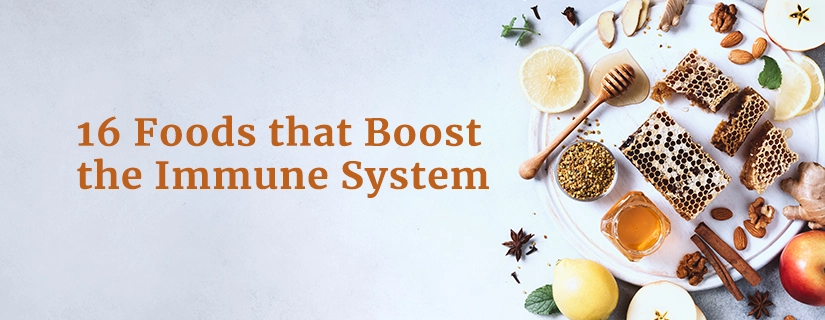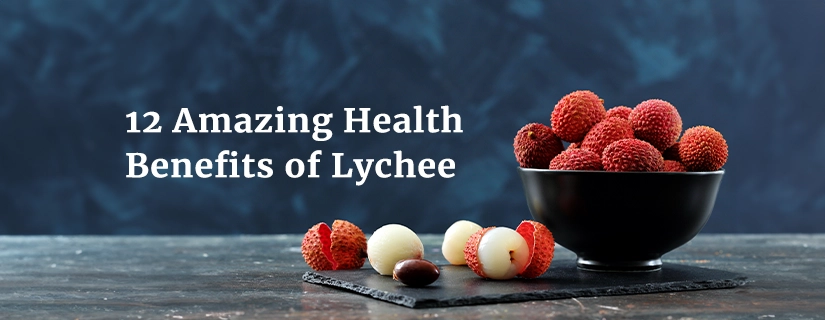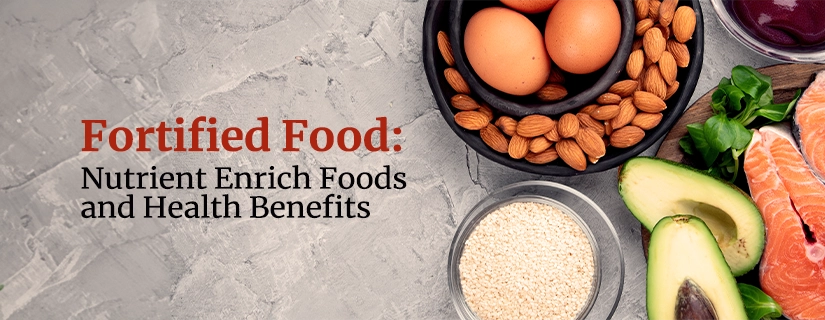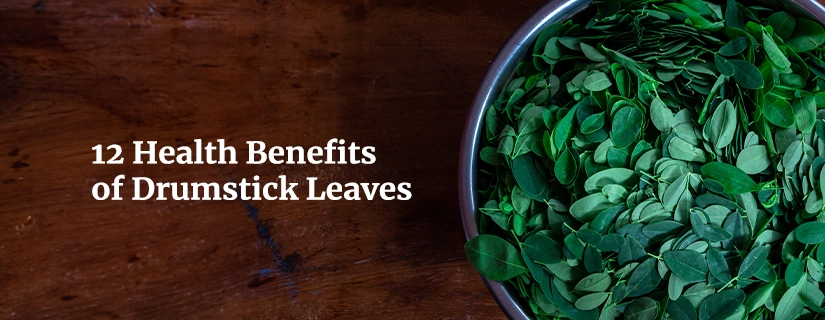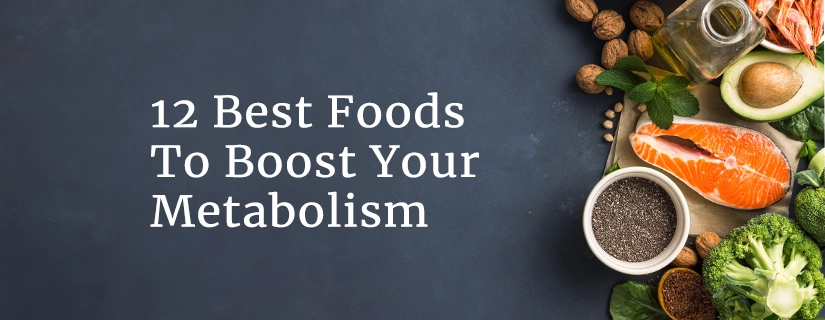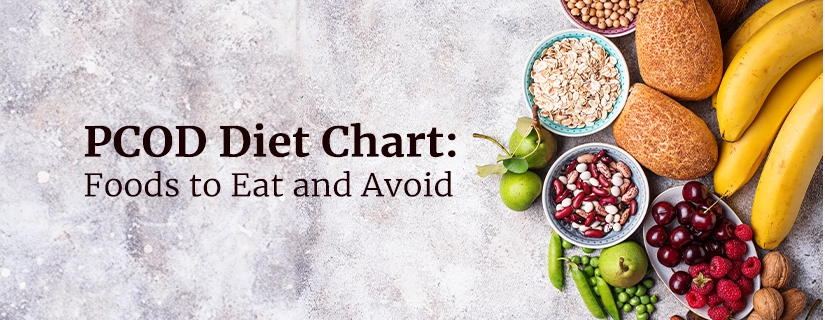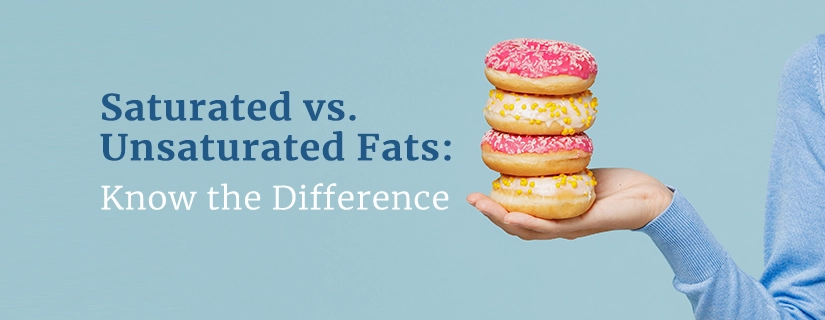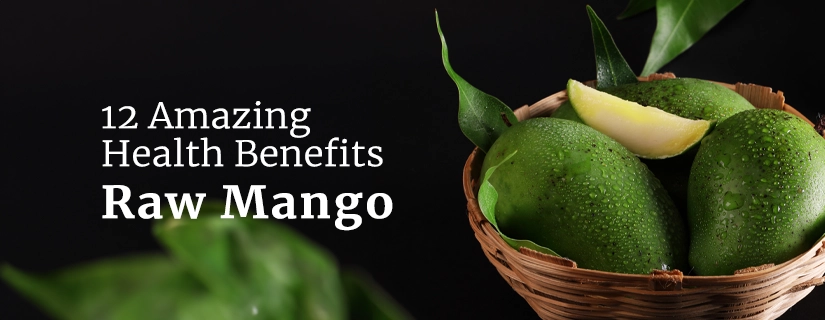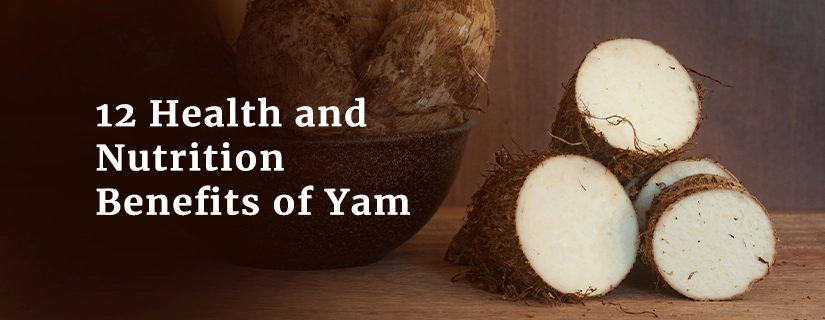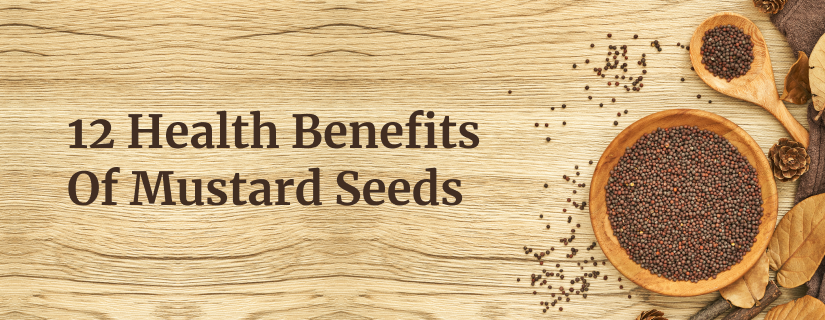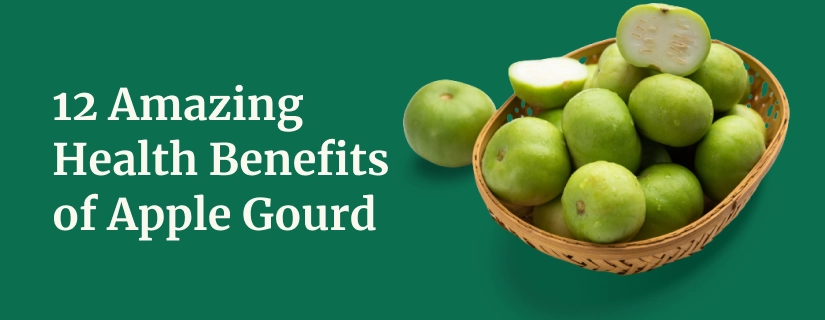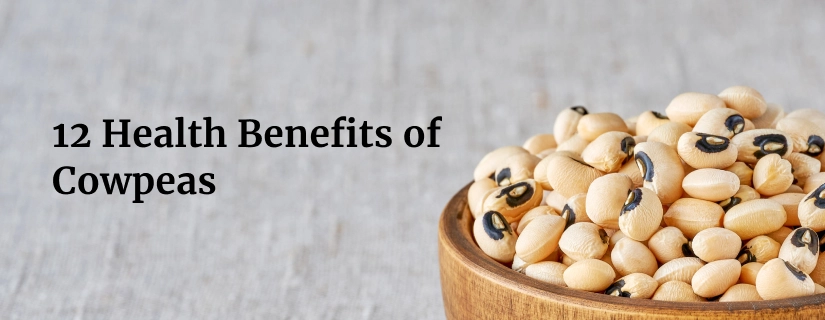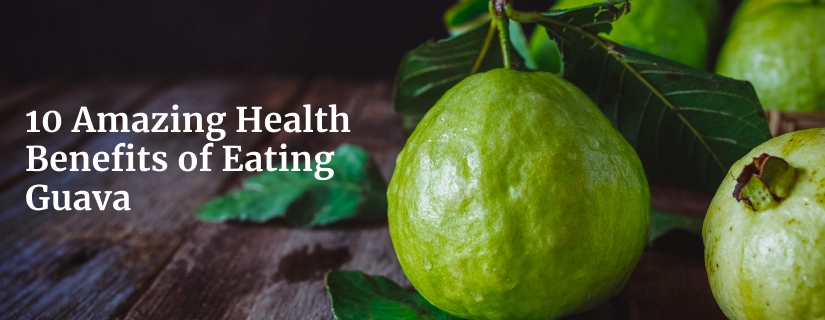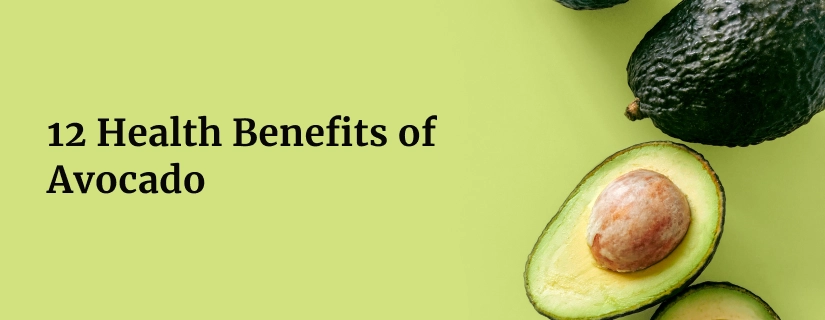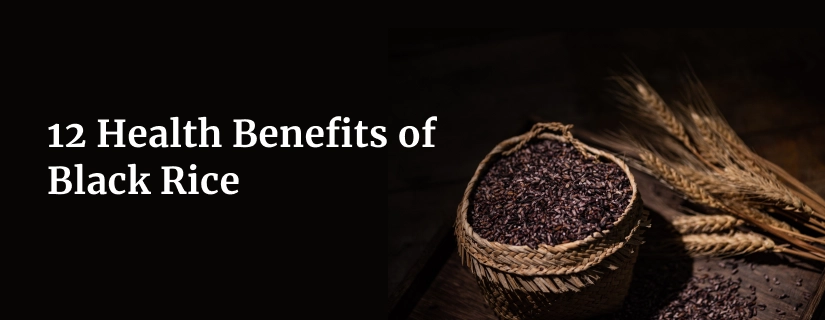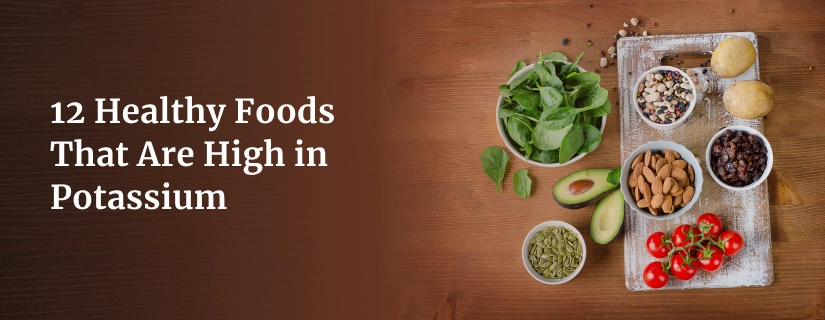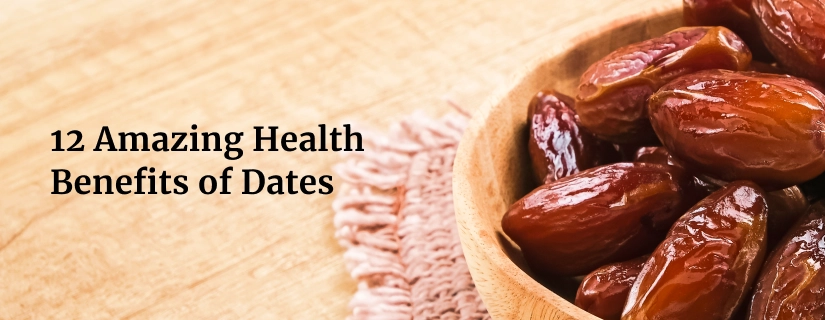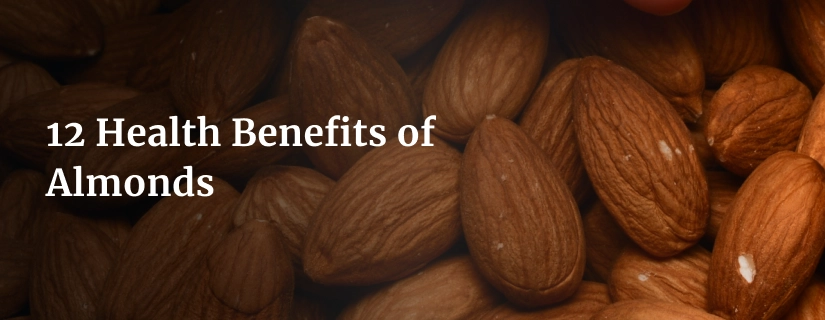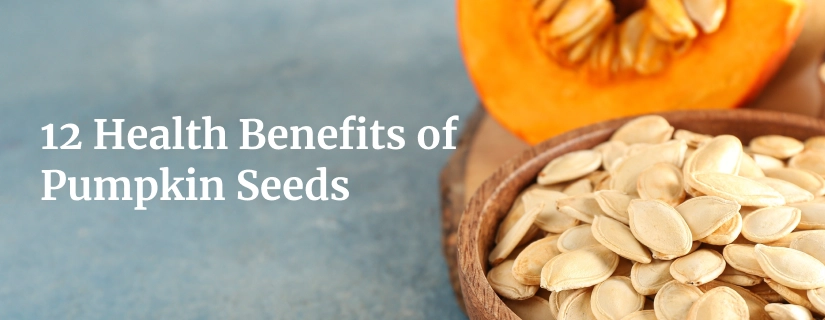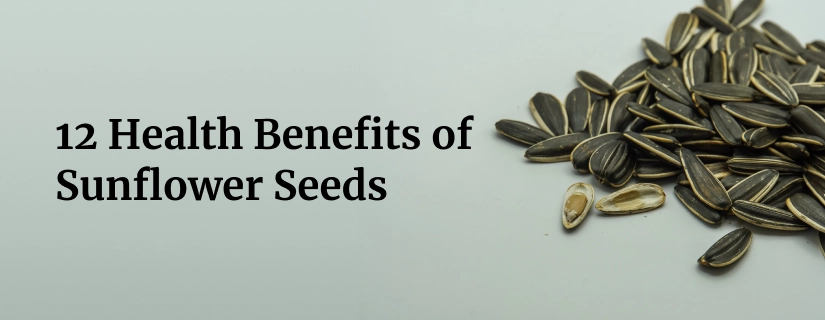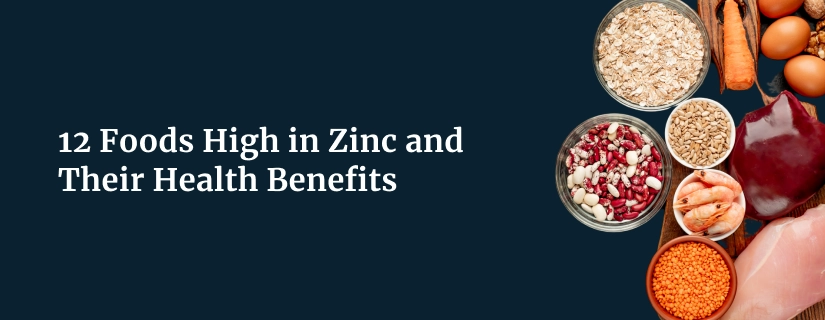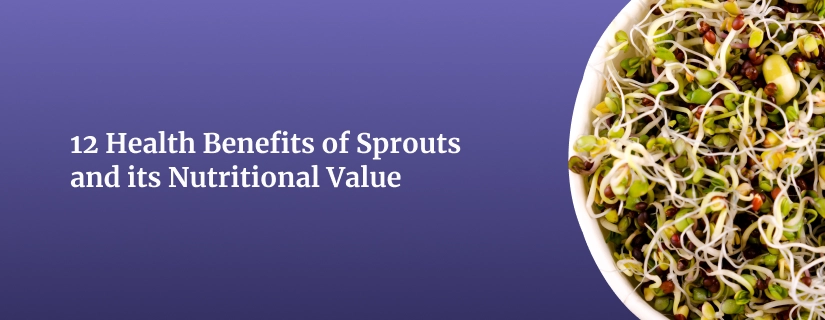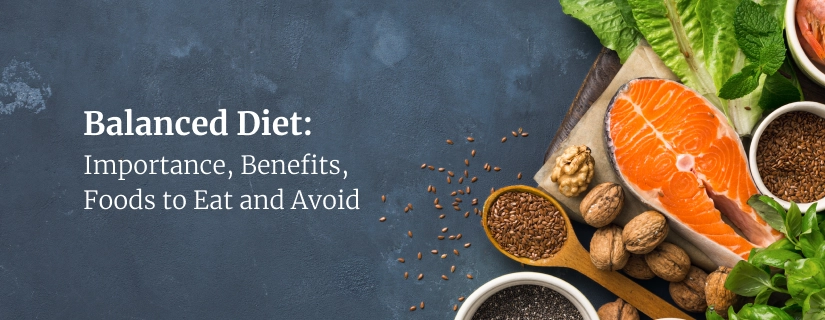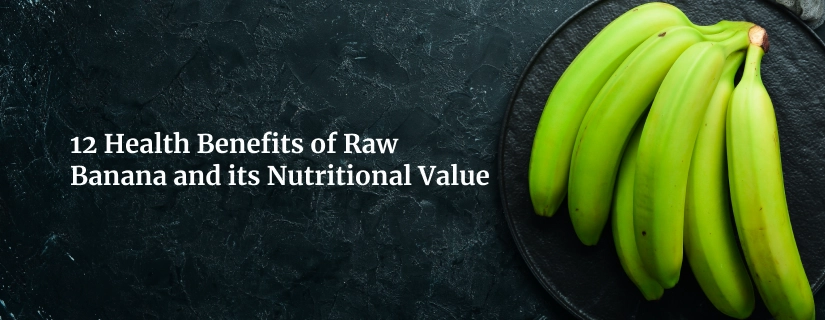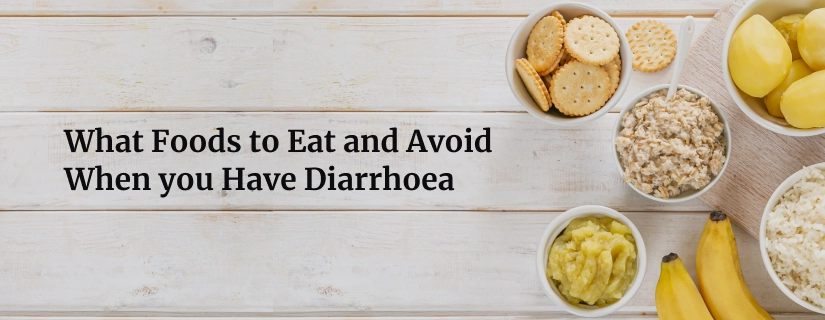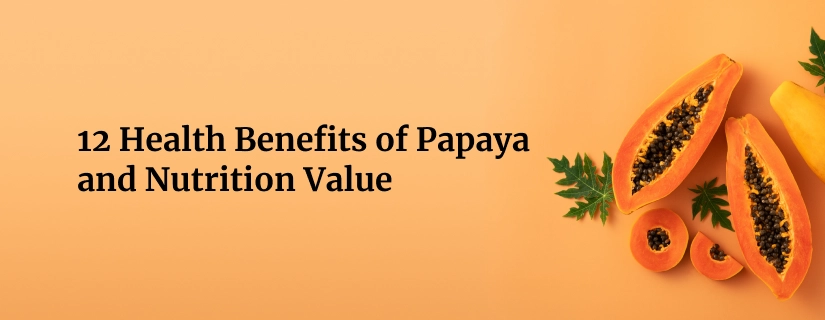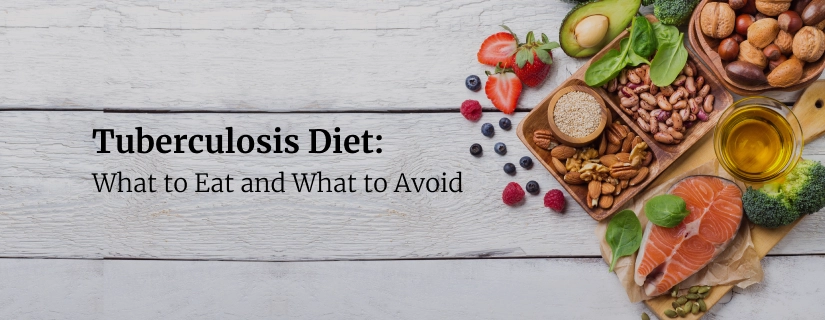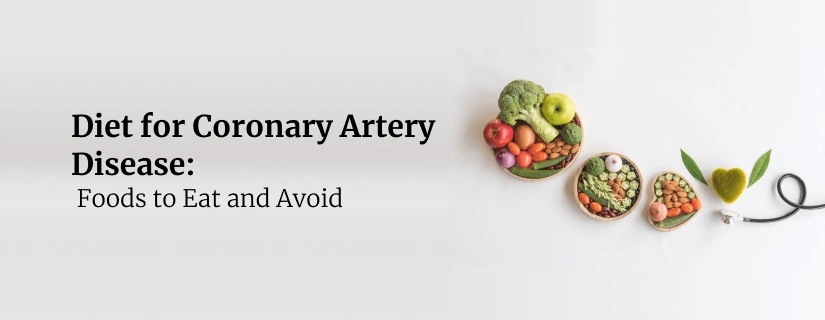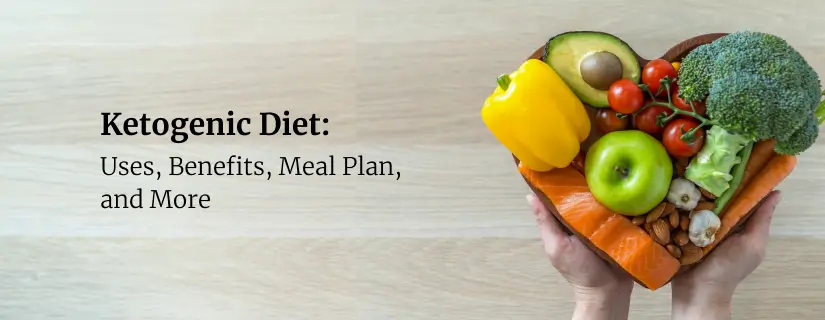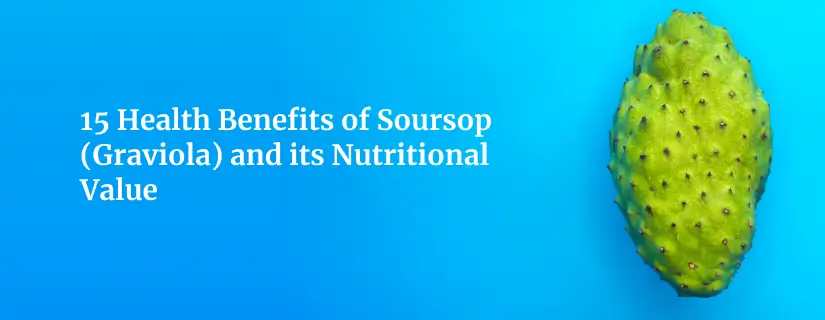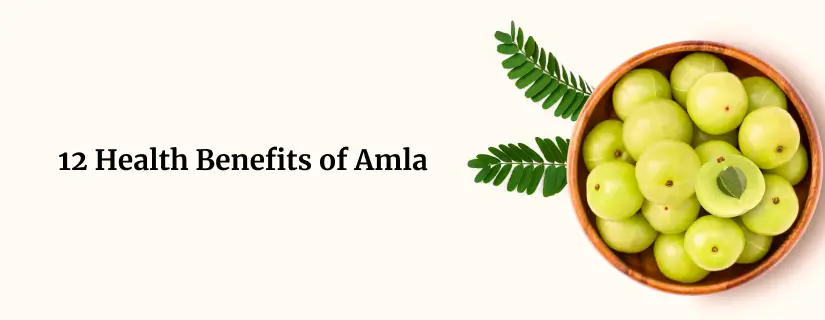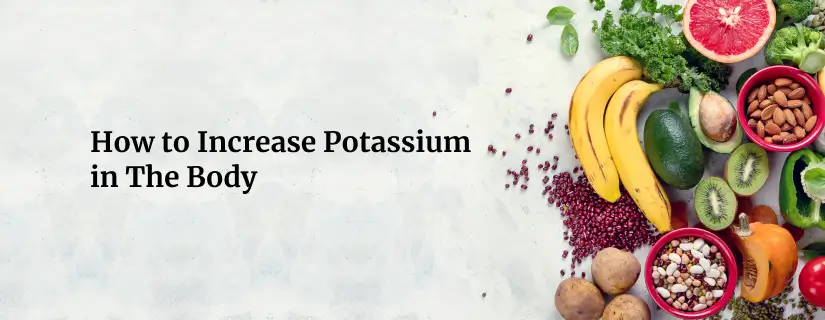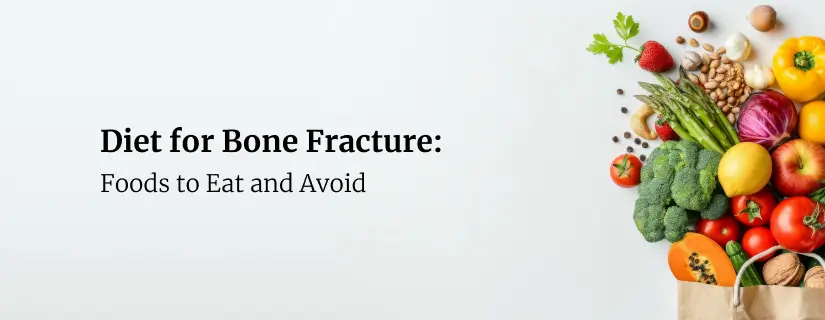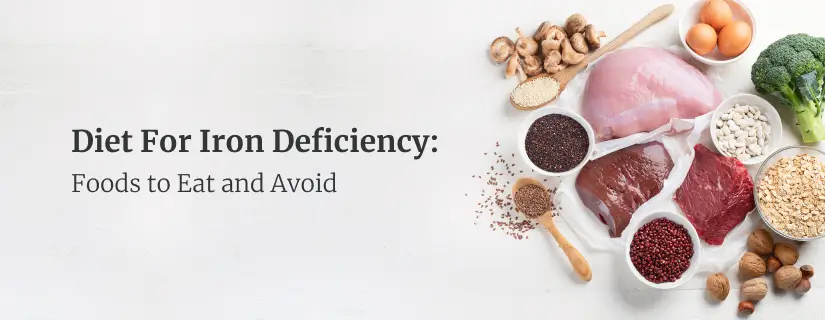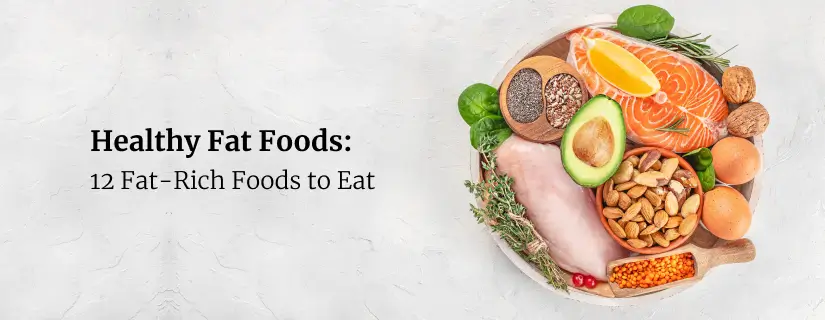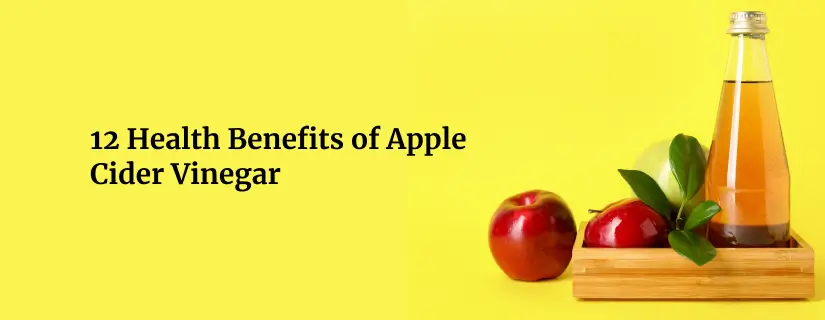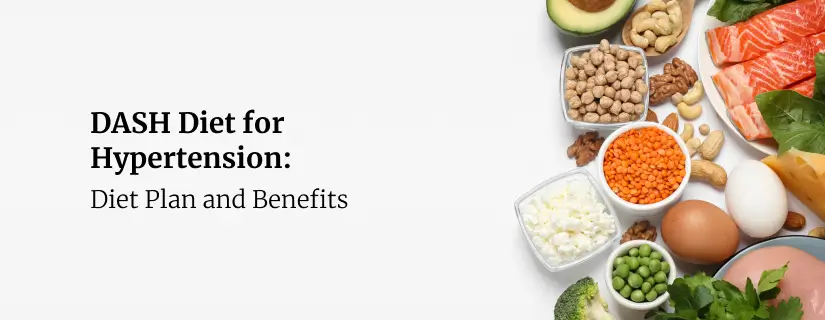-
Doctors
-
Specialities & Treatments
Centre of Excellence
Specialties
Treatments and Procedures
Hospitals & Directions HyderabadCARE Hospitals, Banjara Hills CARE Outpatient Centre, Banjara Hills CARE Hospitals, HITEC City CARE Hospitals, Nampally Gurunanak CARE Hospitals, Musheerabad CARE Hospitals Outpatient Centre, HITEC City CARE Hospitals, Malakpet
HyderabadCARE Hospitals, Banjara Hills CARE Outpatient Centre, Banjara Hills CARE Hospitals, HITEC City CARE Hospitals, Nampally Gurunanak CARE Hospitals, Musheerabad CARE Hospitals Outpatient Centre, HITEC City CARE Hospitals, Malakpet Raipur
Raipur
 Bhubaneswar
Bhubaneswar Visakhapatnam
Visakhapatnam
 Nagpur
Nagpur
 Indore
Indore
 Chh. Sambhajinagar
Chh. SambhajinagarClinics & Medical Centers
Book an AppointmentContact Us
Online Lab Reports
Book an Appointment
Consult Super-Specialist Doctors at CARE Hospitals
How to Manage Type-2 Diabetes with Diet?
Updated on 2 May 2023
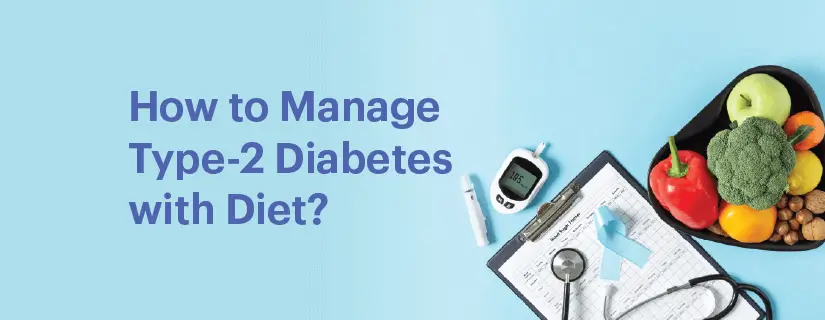
Many individuals may be curious about how to manage Type-2 diabetes without medications. A study reports that healthy lifestyle & diet practices could benefit people with Type-2 diabetes or nullify the worsening of this medical condition.
These following dietary habits will help you control your blood sugar, reach & maintain a healthy weight, and lower your chance of developing diabetic complications without restrictions, regardless of whether you have pre-diabetes or Type-2 diabetes.
Foods to eat with type 2 diabetes
To suit your nutritional demands, you might adhere to a wide range of eating styles and diets. Eating three regular meals per day is the foundation of a diabetic diet. By doing this, you are able to utilise the insulin your body produces or receives from medicines more effectively.
If you have Type-2 diabetes, choose a diet high in nutrient-dense foods to help your body get the fibre, vitamins, and minerals it requires. Consuming a lot of fibre-rich meals helps improve blood sugar control and lets you stay full for longer.
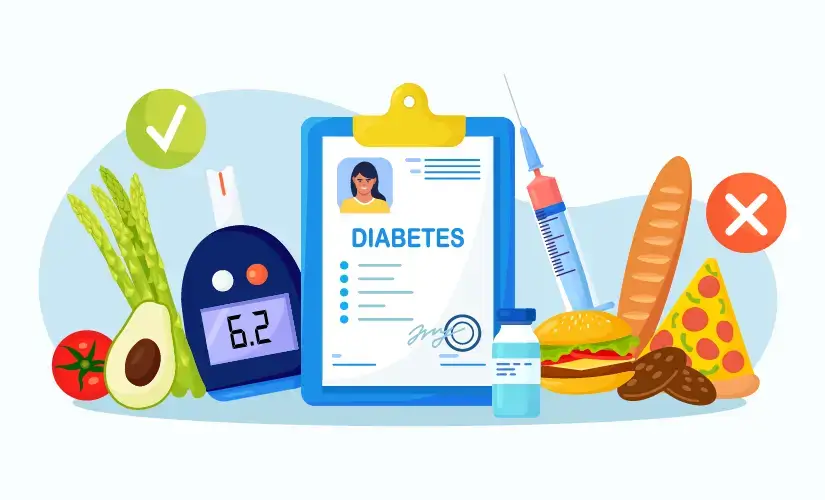
The following are some examples of wholesome meals you really need to eat:
- Fruits (Apples, Oranges, Melons, Pears, Berries, Peaches)
- Vegetables (Cauliflower, Spinach, Cucumbers, Broccoli)
- Whole Grains (Oats, Quinoa, Brown rice)
- Nuts (Walnuts, Pistachios, Almonds, Cashews)
- Beverages (Vegetable juice, Water, Black coffee, Unsweetened tea)
- Healthy Fats (Olive oil, Canola oil, Sesame oil)
A well-balanced diet, portion control, and regular monitoring of blood sugar levels are key to managing type 2 diabetes. Consult with a healthcare professional or dietitian to create a personalized meal plan.
Food to avoid if you have Type-2 Diabetes
When you have Type-2 diabetes, there aren't many things that you must completely avoid. Controlling the intake of foods you eat that are rich in saturated fat, trans fat, and added sugar can promote improved blood sugar management and reduce diabetes-related health issues.
There are certain foods that are higher in vitamins and minerals and more nutrient-dense options than others. They also have lower levels of cholesterol, sugar, and fat.

Following are some foods you should avoid if you have Type-2 diabetes:
- High-fat meat (Beef, Lamb, Poultry skin, Dark meat, Chicken)
- Processed foods (Chips, Processed meat, Microwave popcorn, Convenience meals)
- Sweets (Candy, Cookies, Ice cream, Desserts)
- Full-fat dairy (Whole Milk, Butter, Cheese, Cream)
Carbohydrate Counting - Effective Way to Manage Diabetes
One method you may utilise to manage diabetes with diet and help to control your blood sugar levels is Carbs counting. You may figure out how many grams of carbohydrates you should consume each day to keep your blood sugar levels healthy while receiving insulin injections and keeping meticulous track.
There are several books and online tools available to help you figure out how many grams of carbs are in regular food servings. Otherwise, it would be recommended to consult a dietitian to understand & get your diet intake chart.
Carbohydrates are present in many foods, including:
- Wheat, rice, and other grain-based foods
- Potatoes and other starchy vegetables
- Dried beans, lentils, and other legumes
- Fruit, Fruit Juice, Yogurt
Conclusion
If you have diabetes, CARE Hospitals is a diabetes hospital in Hyderabad and it is imperative that you collaborate with your doctor and a nutritionist to develop a diet plan that works for you. They can assist you in developing a long-term meal planning strategy that meets your health demands and lifestyle.
Regardless of the diet or eating pattern you pick, it is advisable to consume a wide.

ENQUIRY FORM
SELECT CATEGORIES
-
Neurosciences (16)
-
Neurology (37)
-
Neurosurgery (14)
-
Orthopaedics (48)
-
Oncology (33)
-
Obstetrics and gynecology (52)
-
Pulmonology (23)
-
Urology (20)
-
Nephrology (13)
-
Psychiatry (7)
-
Dietetics and Nutrition (111)
-
General Medicine (63)
-
Cardiac Sciences (32)
-
Vascular & Endovascular Surgery and Interventional Radiology (15)
-
Gastroenterology (46)
-
Endocrinology (23)
-
Plastic Surgery (10)
-
Critical Care Medicine (5)
-
COVID-19 (16)
-
Dermatology (16)
-
Emergency Care (1)
-
Ophthalmology (4)
-
Pediatrics (14)
-
Laparoscopic and Bariatric Surgery (8)
-
ENT (15)
-
Kidney Transplant (1)
-
Liver Transplantation and Hepatobiliary Surgery (5)
-
General Surgery (3)
-
Internal Medicine (5)
-
Medicine Information
How much water should you drink based on your weight?
Pregnancy: Can Certain Foods Improve Baby’s Complexion?
YOU MAY ALSO LIKE
RECENT BLOGS
-

Preterm Birth (Premature Birth): Symptoms, Causes, Treatment and Prevention
13 May 2025
Read More
-

Rotablation Angioplasty: Benefits, Treatments, And Recovery Time
9 May 2025
Read More
-

What Is The Difference Between IUI and IVF?
9 May 2025
Read More
-

Venous Malformations: Causes, Symptoms, and Treatment
30 April 2025
Read More
-

Varicose Vein Foam Sclerotherapy: Treatment, Benefits, and Procedure
30 April 2025
Read More
-

Radiofrequency (RF) Ablation Treatment for Varicose Veins: Know More
30 April 2025
Read More
-

Varicose Vein Sclerotherapy: Treatment, Benefits, and Procedure
30 April 2025
Read More
-

Varicose Vein Endovenous Laser Ablation: Procedure, Benefits, Risks
30 April 2025
Read More
Have a Question?
If you cannot find answers to your queries, please fill out the enquiry form or call the number below. We will contact you shortly.










